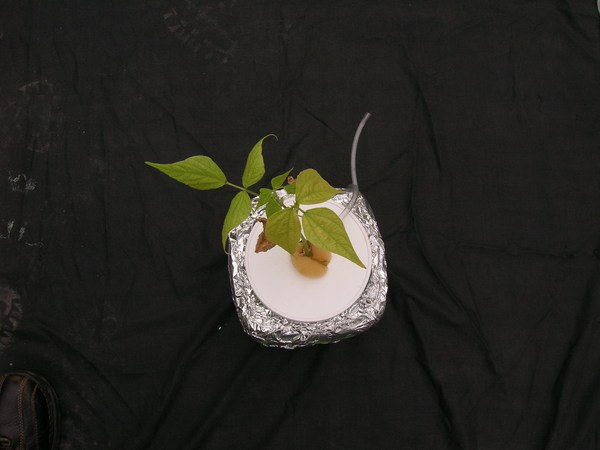
Deficiência de Nitrogênio
Plantas deficientes em nitrogênio apresentam crescimento reduzido, dependendo da severidade da deficiência. Crescimento foliar é inibido; folhas jovens são inibidas em particular. O crescimento longitudinal da parte aérea é inibido, e assim ocorre seu engrossamento. A coloração das plantas deficientes em nitrogênio normalmente varia de verde-pálido a verde-amarelado devido a síntese reduzida de cloroplasto e clorofila. As folhas começam a murchar e secar, tornando-se marrom-amareladas a marrom.
Sintomas
- A planta toda apresenta coloração pálida a verde-amarelada
- Senescência precoce das folhas velhas
- Crescimento radicular aumentado e crescimento atrofiado da parte aérea resultando em baixa relação parte aérea/raiz
Processos importantes
- Nitrogênio é muito móvel no solo e na planta
- Absorção de nitrogênio pode ser reduzida em pH baixo (<4)
- A deficiência de nitrogênio é comum na natureza. As plantas desenvolveram mecanismos de resposta à deficiência de nitrogênio, os quais incluem regulação hormonal do crescimento radicular, e fechamento de aquaporos, o que resulta em estresse hídrico na parte aérea e consequente redução no seu crescimento

